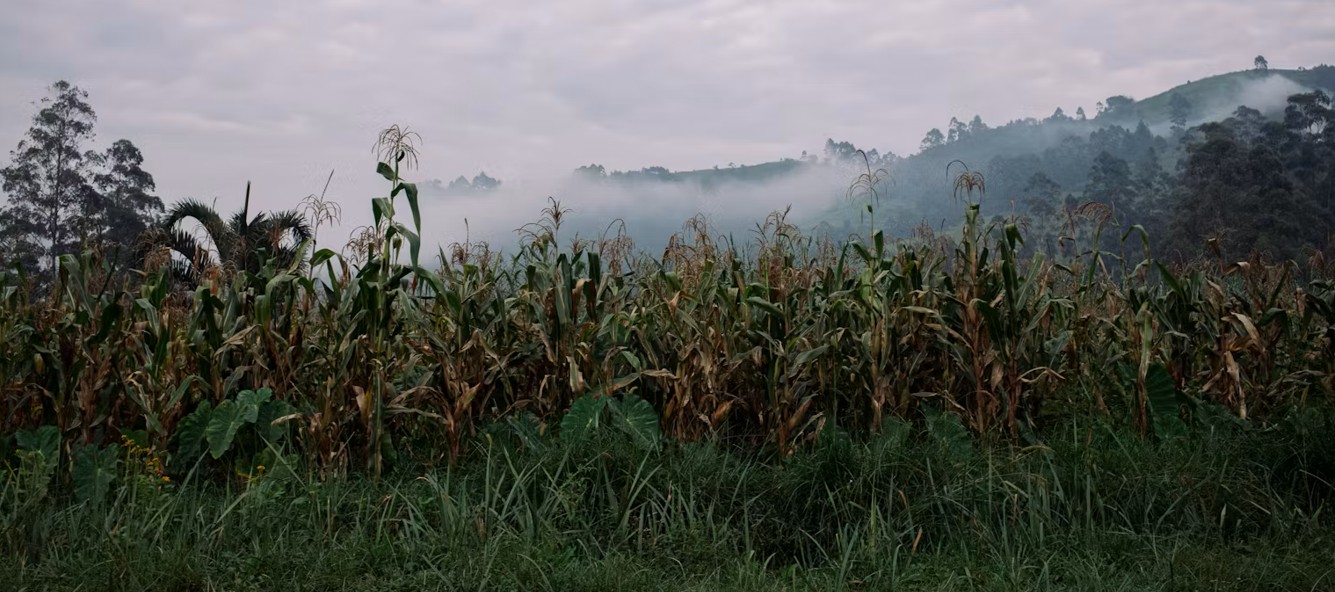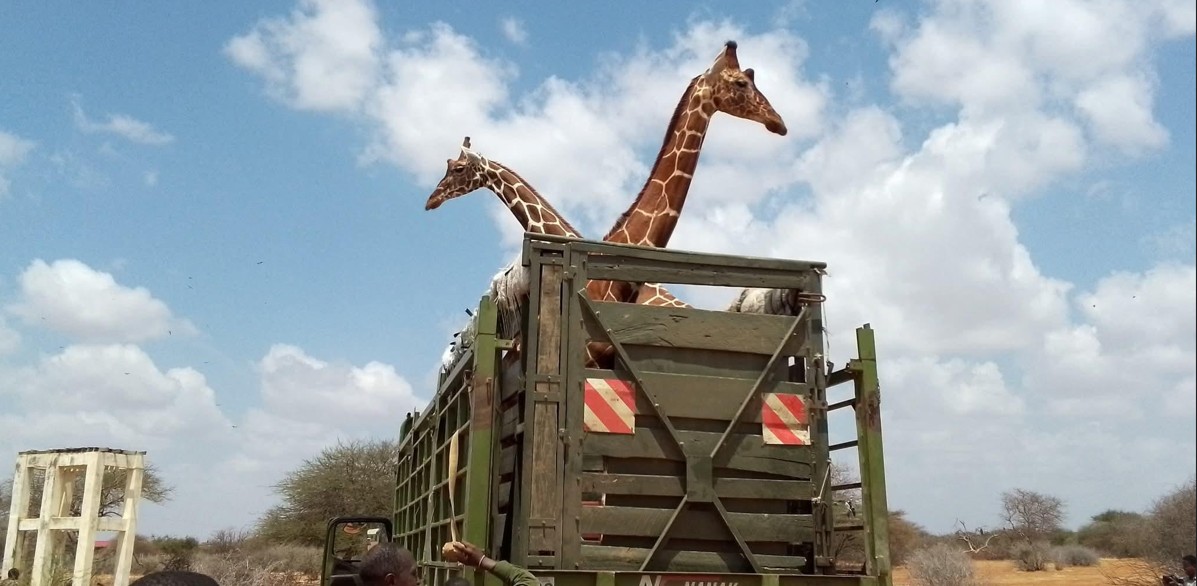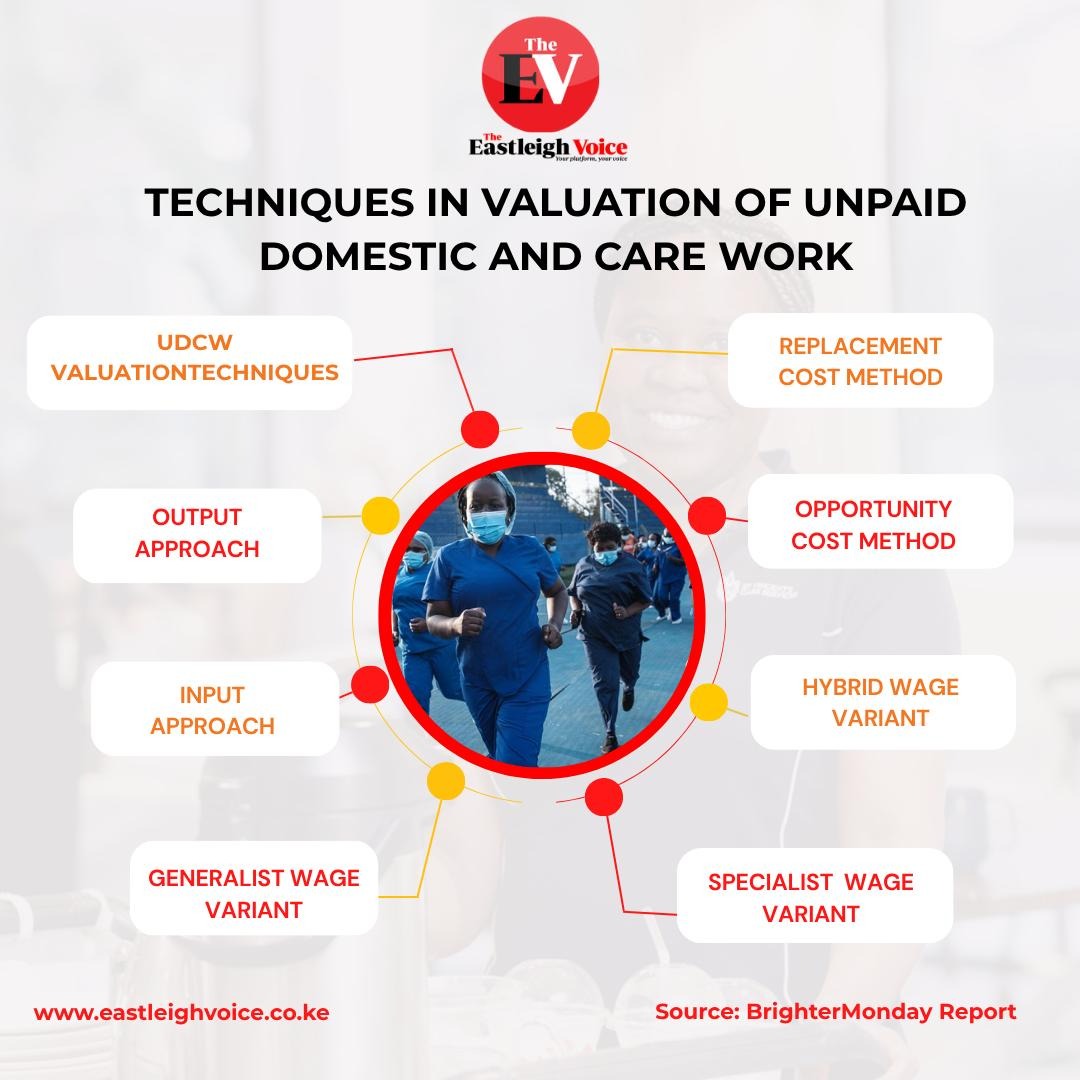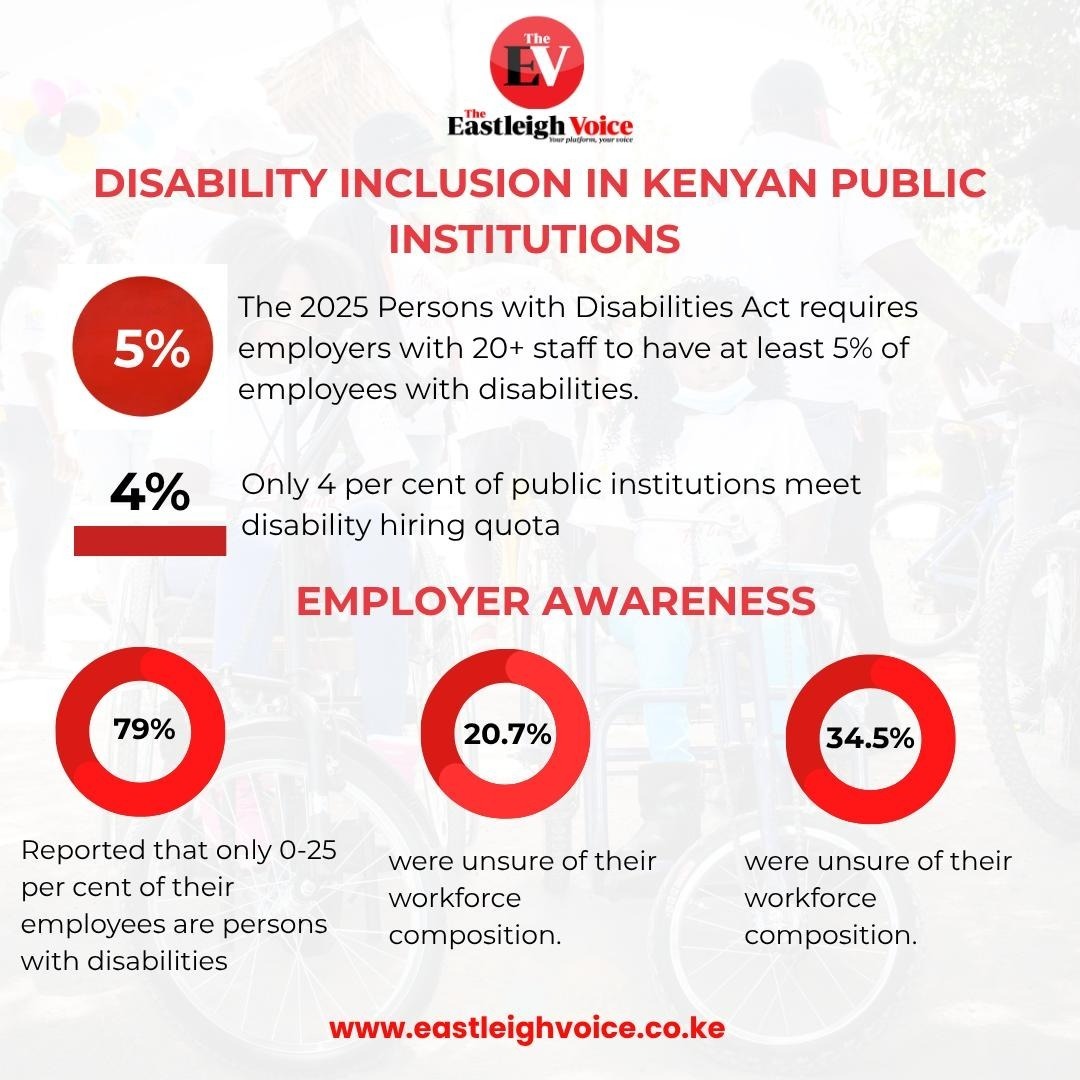World Animal Protection urges Kenya to ban cruel commercial wildlife farming

World Animal Protection is urging policymakers to use this opportunity to enact laws that not only ban commercial wildlife farming, which could lead to irreversible damage to Kenya's rich biodiversity, but also address unsustainable wildlife exploitation and align with global standards to combat trafficking.
World Animal Protection is calling on the Kenyan government to impose a permanent ban on commercial wildlife farming, warning that the practice threatens biodiversity, endangers public health, and continues to inflict suffering on animals across the country.
In its latest report, Behind Bars: Lifting the Lid off Kenya's Cruel Wildlife Farming, the organisation reveals that Kenya is increasingly experiencing wildlife farming for tourism, pest control, trade, and the use of animal parts in traditional medicine. The report highlights that global standards for keeping animals in facilities are being flouted for money and entertainment, leading to serious conservation impacts.
More To Read
- KWS moves reticulated Somali giraffes from Wajir to Nanyuki in major conservation effort
- Wildlife compensation claims hit Sh3.5 billion as thousands of Kenyans wait years for payments
- KWS rolls out new ‘KWSPay’ system for seamless park payments
- Kenya, Uganda launch joint tourism drive to attract 1.4 million African visitors
- Government gazettes transfer of Amboseli National Park management to Kajiado County
- KWS rescues cheetah cub raised by woman in Garissa
Tennyson Williams, Director for Africa at World Animal Protection, emphasised the urgency of action: "By doing this, Kenya will enhance its image as a true eco-tourism and conservation leader. Wild animals belong in the wild, not in captivity where they are bred, traded, and exploited."
The investigation combined an extensive online search with field visits to captive facilities. Researchers identified 55 institutions, 41 private and 14 public, and screened over 52,800 online sources. The organisation noted that locating these facilities was difficult, requiring extensive public involvement, raising concerns about transparency and accountability in licensed wildlife farming facilities in the country.
The report's fieldwork was conducted in 2024 among 1,477 captive animals, including 700 ostriches, 545 tortoises, and 177 crocodiles. Other species observed included hippos, giraffes, primates, snakes, and birds of prey. All six facilities visited in Nairobi, Mombasa, and Eastern Kenya revealed inhumane conditions, including cramped spaces, parasite infestations, lack of veterinary care, and stress behaviours in animals.
"While captive breeding has been touted as a solution to protect wild populations, this report shows it has the opposite effect by normalising the commodification of wildlife and stimulating demand for more species," Williams added. The so-called 'sustainable use' model, the report argues, is often a guise for extracting, misusing, abusing, and trafficking animals illegally.
The Wildlife Conservation and Management Act (2013) permits the farming of species such as crocodiles, ostriches, tortoises, chameleons, and guinea fowl.
However, Patrick Muinde, an officer at World Animal Protection, stated, "Legal and law enforcement gaps have led to the vulnerability of animals. The government should prohibit breeding wild animals for commercial purposes, enforce stricter regulations against illegal capture and trade, and focus on genuine conservation-based tourism. While at it, the public should be educated about the dangers of wildlife farming and support ethical alternatives that prioritise conservation."
 Patrick Muinde, Research and Planning Manager at World Animal Protection. (Photo: Justine Ondieki)
Patrick Muinde, Research and Planning Manager at World Animal Protection. (Photo: Justine Ondieki)
The report also warns of pandemic risks linked to wildlife trafficking, citing lessons from the COVID-19 pandemic. It stresses that countries have a responsibility to prevent future outbreaks by addressing issues at the interface of people and wildlife. Kenya, it says, has a unique opportunity to enact new laws aligned with international obligations to combat wildlife trafficking.
A 2018 government task force admitted to inadequate regulation, weak enforcement, and limited capacity within the Kenya Wildlife Service (KWS).
Despite the findings, it controversially recommended expanding commercial exploitation, a move conservationists warn could worsen the crisis. The report documented cases where ostriches suffered deformities and injuries from intensive breeding and forced riding activities.
In response to the findings, Lucy Mwita, an officer at KWS, said, "The government continues to work with the community to ensure the safety of wild animals, and those licensed to keep animals abide by the rule of law."
 Lucy Mwita, Senior Assistant Director of the Mountain Conservation Area at the Kenya Wildlife Service. (Photo: Justine Ondieki)
Lucy Mwita, Senior Assistant Director of the Mountain Conservation Area at the Kenya Wildlife Service. (Photo: Justine Ondieki)
She also noted that the government has been conducting regular inspections in collaboration with the police to ensure no wildlife undergoes inhumane treatment during farming.
Kenya is currently formulating a new wildlife bill sponsored by Lamu East Member of Parliament Ruweida Obo.
The Bill, which was sent back to Parliament by the president in August for further consideration, aims to clarify and potentially expand the scope of wildlife conservation and management practices in the country.
World Animal Protection is urging policymakers to use this opportunity to enact laws that not only ban commercial wildlife farming, which could lead to irreversible damage to Kenya's rich biodiversity, but also address unsustainable wildlife exploitation and align with global standards to combat trafficking.
The organisation further recommends a comprehensive audit of wildlife facilities.
Top Stories Today
Reader Comments
Trending












































